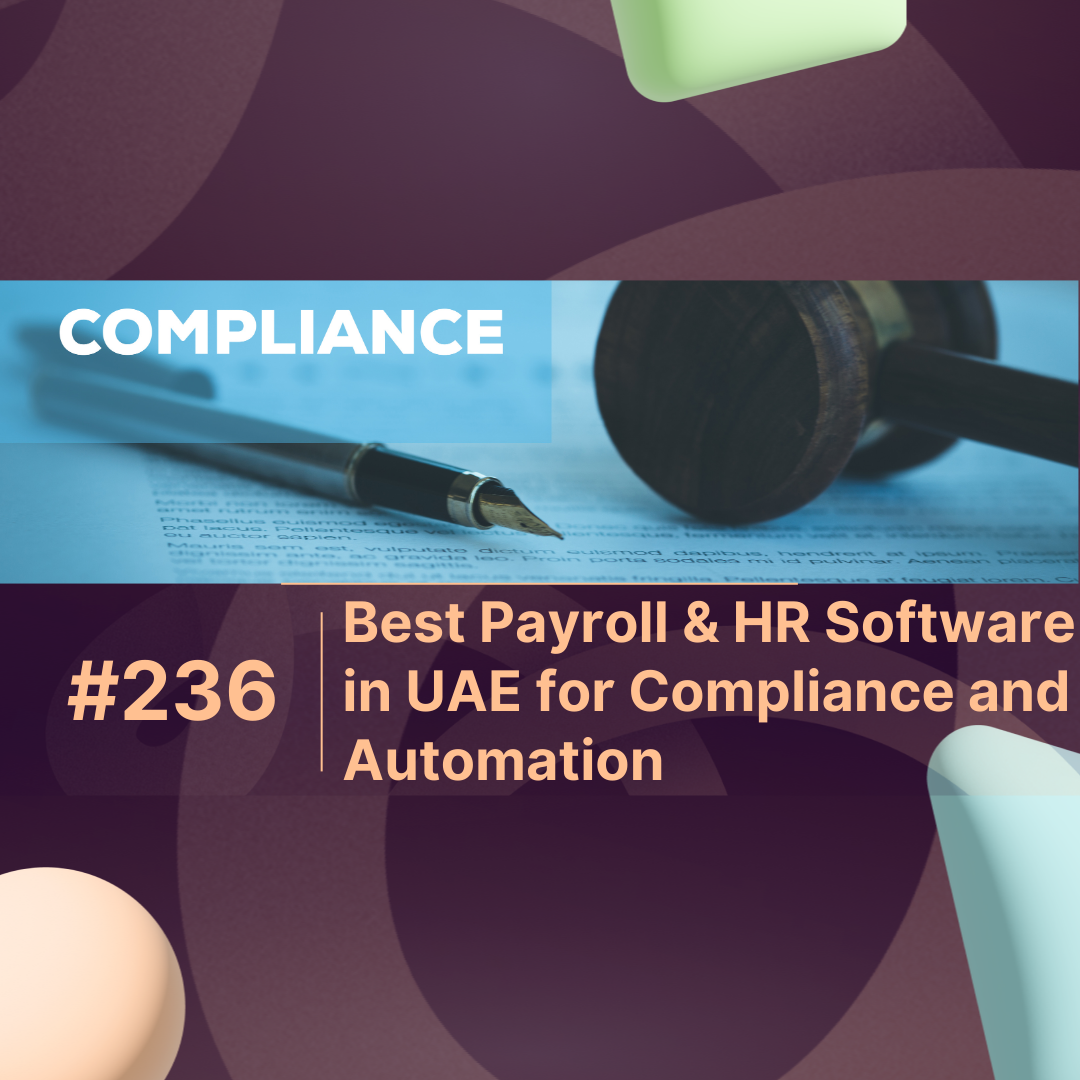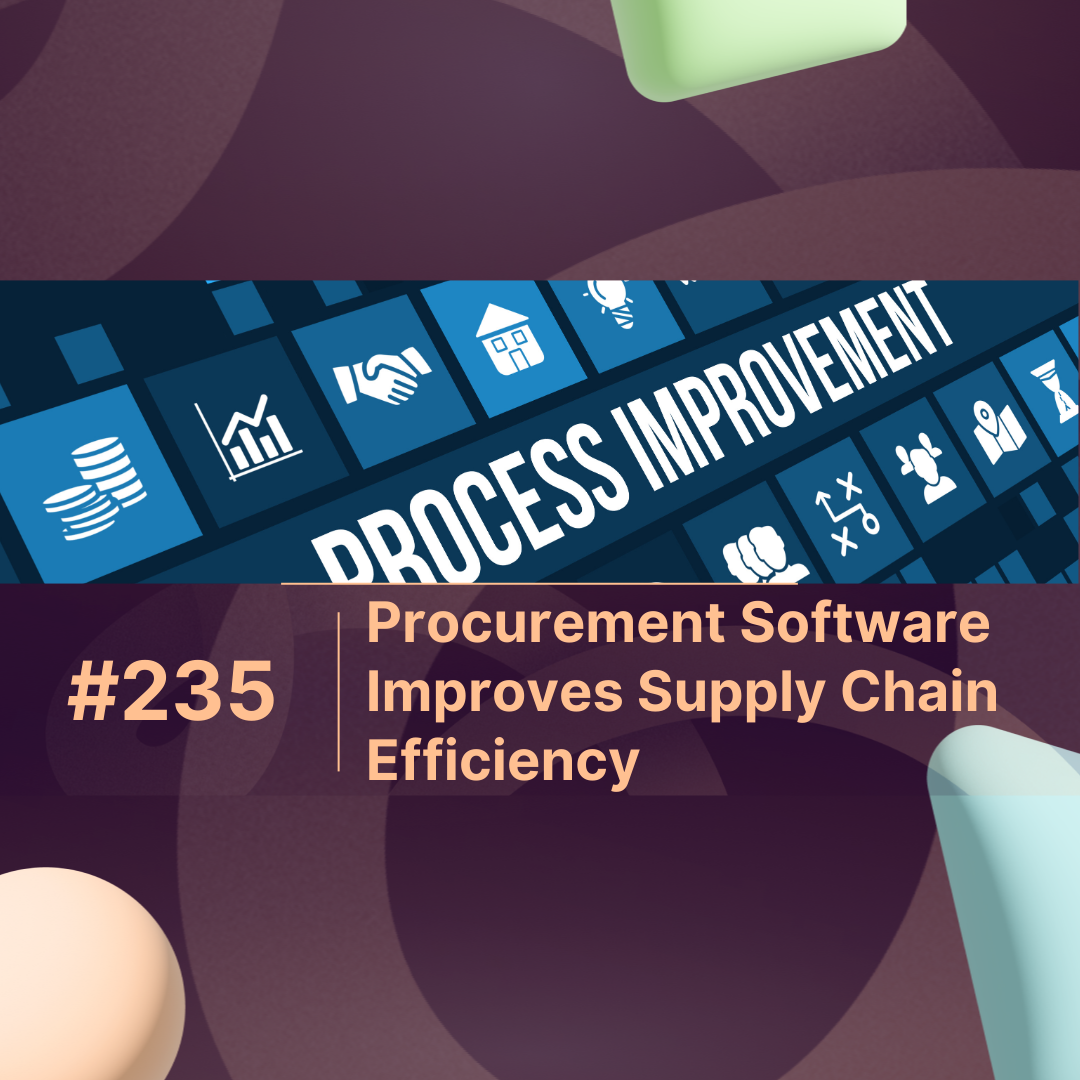As technology continues to transform the workplace, Human Resources Management Systems have become indispensable tools for managing HR functions efficiently. From recruitment and onboarding to performance management and employee engagement, HRMS platforms streamline processes, enhance data accuracy, and empower HR professionals to make informed decisions. In this blog post, we’ll explore the benefits of HRMS in modern HR management and discuss strategies for harnessing its power effectively.
Understanding HRMS: The Backbone of Modern HR
The backbone of modern HR lies in its ability to adapt and innovate in response to evolving workplace dynamics. From recruitment and onboarding to performance management and employee development, HR professionals play a pivotal role in fostering a positive work environment. Leveraging technology and data analytics, they streamline processes, enhance decision-making, and optimize employee experiences. With a focus on diversity, inclusion, and employee well-being, HR serves as the driving force behind organizational success. By embracing change, embracing change, and prioritizing employee growth and satisfaction, HR remains the cornerstone of modern business operations. Encompasses a range of software solutions designed to automate and streamline HR processes, from administrative tasks to strategic workforce planning.
Benefits of HRMS in Modern HR Management
- Efficiency and Productivity:
-
-
- Automate repetitive tasks such as payroll processing, benefits administration, and time tracking, freeing up HR professionals to focus on strategic initiatives.
- Streamline recruitment processes with applicant tracking systems (ATS) that automate candidate sourcing, screening, and communication.
-
- Data Accuracy and Compliance:
-
-
- Centralize employee data in a secure, cloud-based repository, reducing the risk of errors and ensuring compliance with data privacy regulations.
- Generate accurate reports and analytics insights to track key HR metrics, monitor compliance requirements, and identify trends.
-
- Enhanced Employee Experience:
-
- Improve the onboarding experience with self-service portals that enable new hires to complete paperwork, access training materials, and connect with colleagues.
- Empower employees to manage their own HR tasks, such as updating personal information, requesting time off, and accessing benefits information, through intuitive self-service interfaces.
Strategies for Harnessing the Power of HRIS
- Selecting the Right HRIS Solution:
-
-
- Conduct a thorough needs assessment to identify the specific requirements and objectives of your organization.
- Evaluate potential HRMS vendors based on factors such as functionality, scalability, user-friendliness, and integration capabilities.
-
- Implementation and Training:
-
-
- Develop a comprehensive implementation plan with clear timelines, milestones, and responsibilities.
- Provide training and support to ensure that HR staff and end-users are proficient in using the HRMS effectively.
-
- Customization and Integration:
-
-
- Customize the HRMS to align with your organization’s unique processes, workflows, and branding.
- Integrate the HRMS with other systems, such as payroll, time and attendance, and performance management, to create a seamless HR ecosystem.
-
- Continuous Improvement and Optimization:
-
- Regularly review and evaluate the performance of the HRMS, soliciting feedback from users and stakeholders.
- Stay informed about new features, updates, and best practices to optimize the functionality and efficiency of the HRMS over time.
Overcoming Challenges and Maximizing ROI
- Address potential challenges such as resistance to change, data security concerns, and system integration issues proactively.
- Measure the return on investment (ROI) by tracking metrics such as time savings, cost reduction, and improvements in HR processes and employee satisfaction.
HRMS has revolutionized the way HR functions are managed, providing organizations with powerful tools to streamline processes, improve data accuracy, and enhance the employee experience. By embracing innovation, selecting the right HRMS solution, and implementing effective strategies for customization, integration, and continuous improvement, organizations can navigate the digital shift with confidence and unlock the full potential of modern HR management.
Through strategic talent acquisition, comprehensive training programs, and effective employee engagement initiatives, modern HR professionals ensure that organizations attract, retain, and develop top talent. By staying ahead of industry trends and embracing innovation, HR continues to evolve as the cornerstone of organizational success in today’s dynamic business landscape.



